by Emily Nov 01,2025
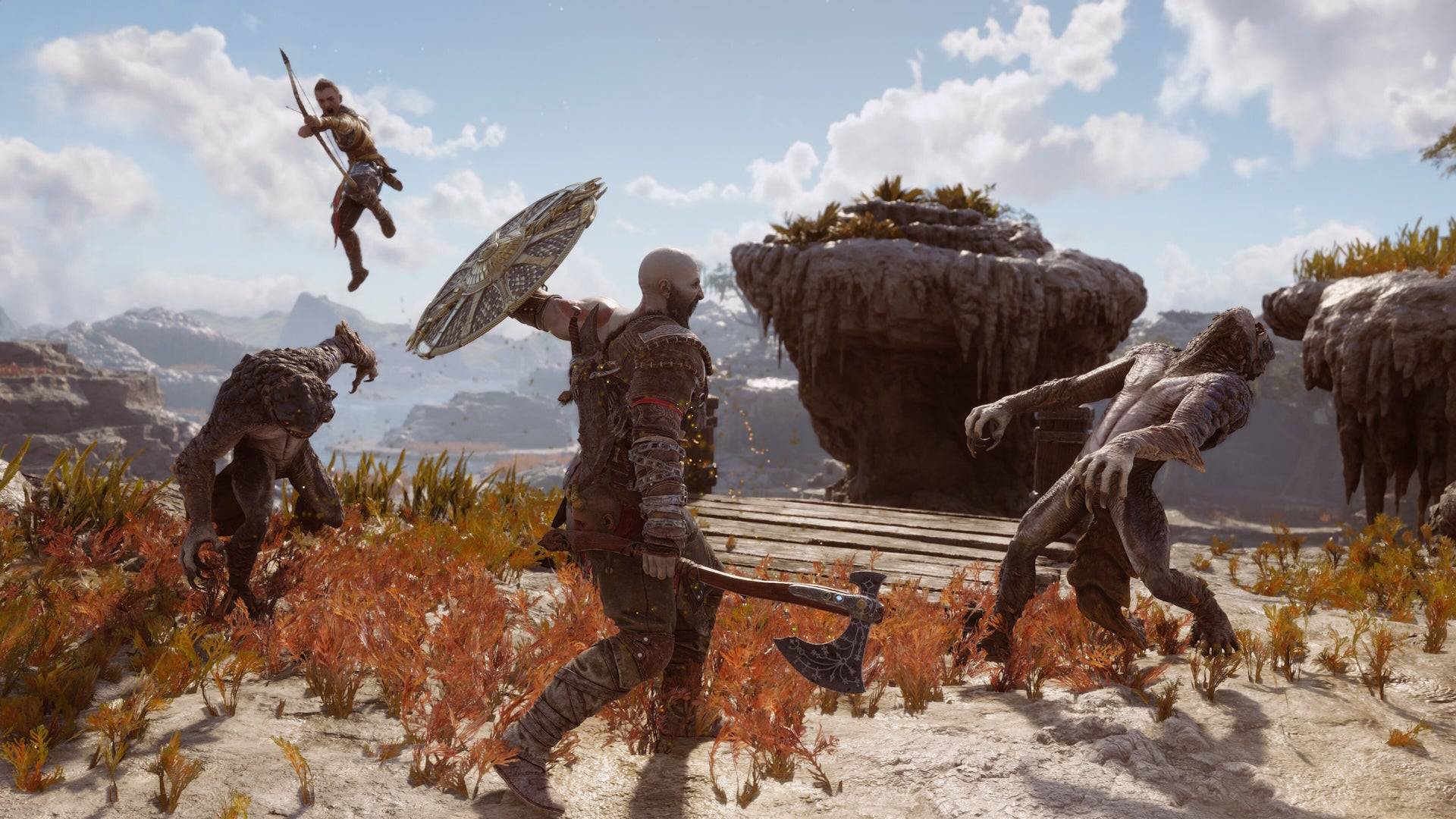
The God of War franchise has stood the test of time across four PlayStation generations. When Kratos first embarked on his blood-soaked path to godhood back in 2005, no one could have imagined how profoundly his journey would transform over two decades. While many long-running series fade into obscurity, God of War thrives through continual reinvention - most notably with its breathtaking 2018 Norse mythology reboot that completely redefined gameplay and narrative. Yet even before this watershed moment, developer Sony Santa Monica implemented numerous subtle but crucial innovations that kept the series fresh.
Future success hinges on God of War's willingness to keep transforming itself. Series director Cory Barlog previously hinted at exploring Egyptian and Mayan mythologies after completing the Norse saga. While unconfirmed, Egypt's rich pantheon presents exciting possibilities. However, merely changing scenery isn't enough - any future installment must undergo the same thoughtful transformation that elevated the Norse saga.
The original Greek trilogy underwent its own refinements over a decade, perfecting its hack-and-slash combat until God of War 3's polished brutality. With each sequel, Kratos gained new combat options while facing increasingly imaginative foes. The PlayStation 3's enhanced capabilities allowed for breathtaking vistas and visceral action sequences.
The Norse reboot streamlined many Greek-era elements while introducing innovative combat mechanics:
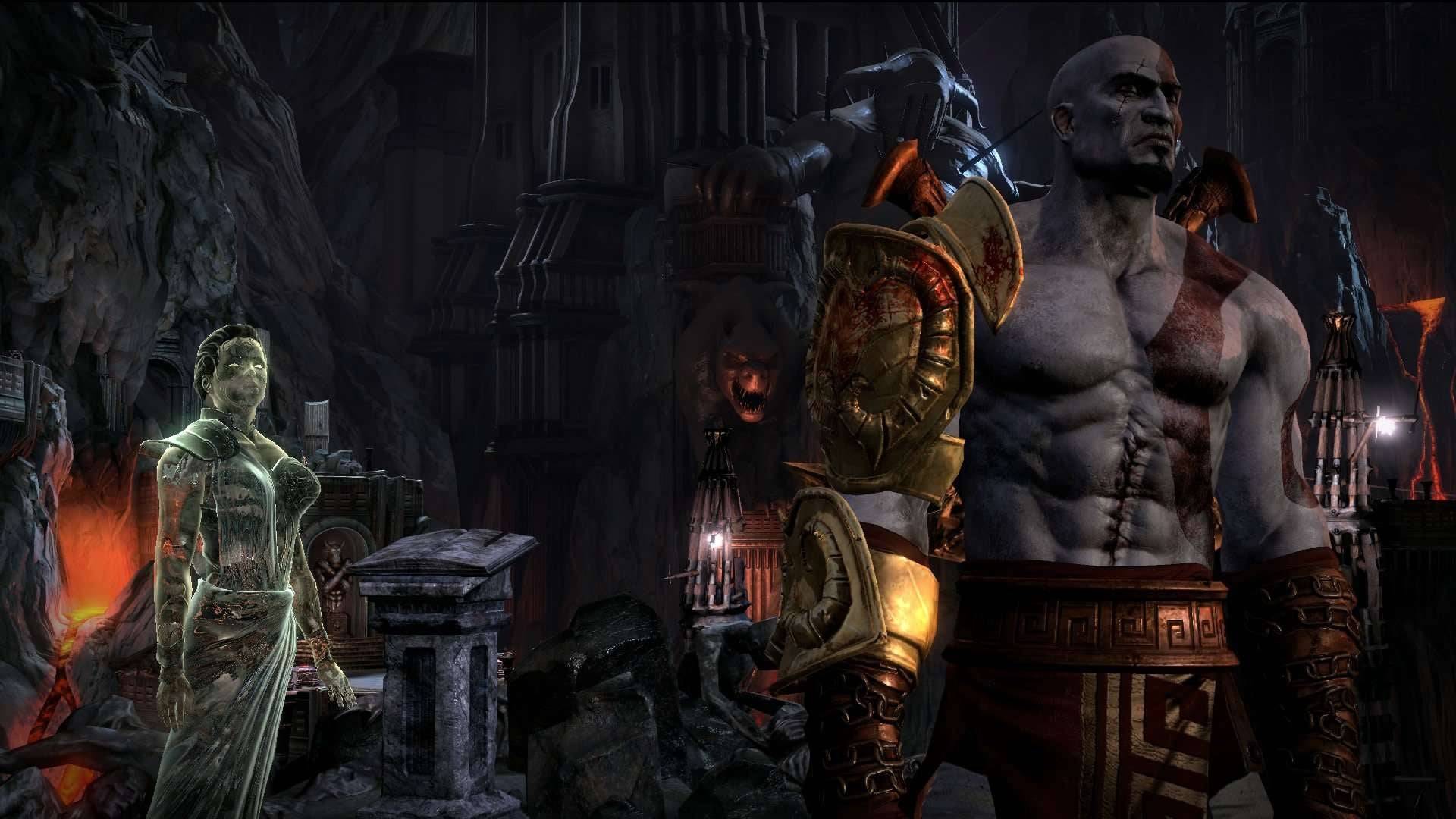
While combat innovations shine bright, the Norse saga's true revolution lies in storytelling. Gone is the one-dimensional angry god - Kratos becomes a grieving widower struggling to connect with his son Atreus. Their strained yet touching relationship anchors both games, delivering emotional depth the Greek trilogy never attempted. This humanization accounts for much of the Norse saga's critical acclaim.
The Valhalla DLC beautifully bridges both eras, reintroducing arena combat while forcing Kratos to confront his past sins. This thematic full circle demonstrates Santa Monica Studio's mastery at honoring legacy while pushing forward.
Not all franchises navigate reinvention successfully. Assassin's Creed's shift toward RPG mechanics alienated longtime fans despite commercial success. Recent attempts to return to stealth roots with Mirage and Shadows demonstrate Ubisoft's own recalibration.
God of War avoids these pitfalls by preserving its essence - that primal combat satisfaction - while expanding Kratos' emotional journey. Future installments must maintain this delicate equilibrium:
Poll: Which game series reinvented itself best?
Regardless of mythology or mechanics, God of War's future hinges on preserving what makes Kratos compelling while fearlessly evolving. If the Norse games perfected combat, the next chapter must raise storytelling to even greater heights. After 20 years, God of War proves some flames burn brighter when allowed to transform.
Zenless Zone Zero Update Cycle Leak Hints at Future Content cadence
All Mavuika Materials, Kit, and Constellations in Genshin Impact
Counterfeit Bank Simulator: Minting Solution for Economic Crises
Marvel Rivals: Season 1 Dracula Explained
Best Xbox Game Pass Games For Kids (January 2025)
Solo Leveling: Global Tournament Draws Near
Power Rangers: Uncover Hidden Secrets in Rita's Carnival and Cemetery
Albion Online launches Paths to Glory update with new content, boosted spawn rates, and more

Draw Creatures
Download
Миллионер - игровые автоматы
Download
Guess the Word. Word Games
Download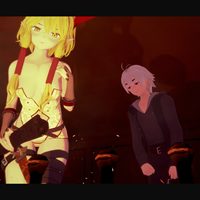
Guild of Spicy Adventures 0.55
Download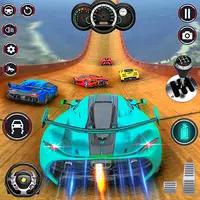
Impossible GT Stunt Sports Car
Download
Bar Abierto Caça Niquel
Download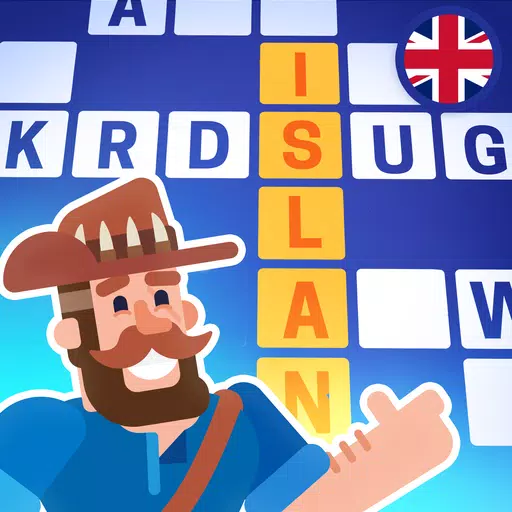
Crossword Islands
Download
My Taco Shop: Food Game
Download
4Play - Mau Binh Online
Download